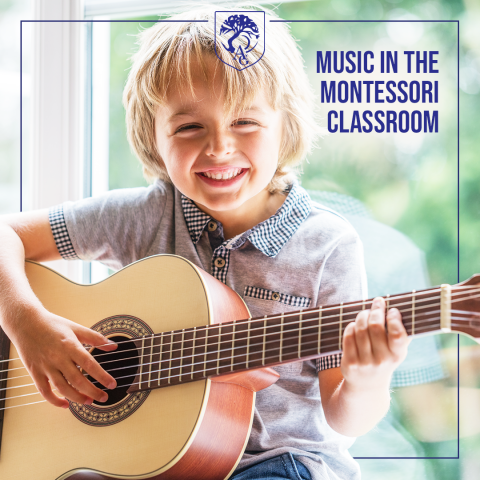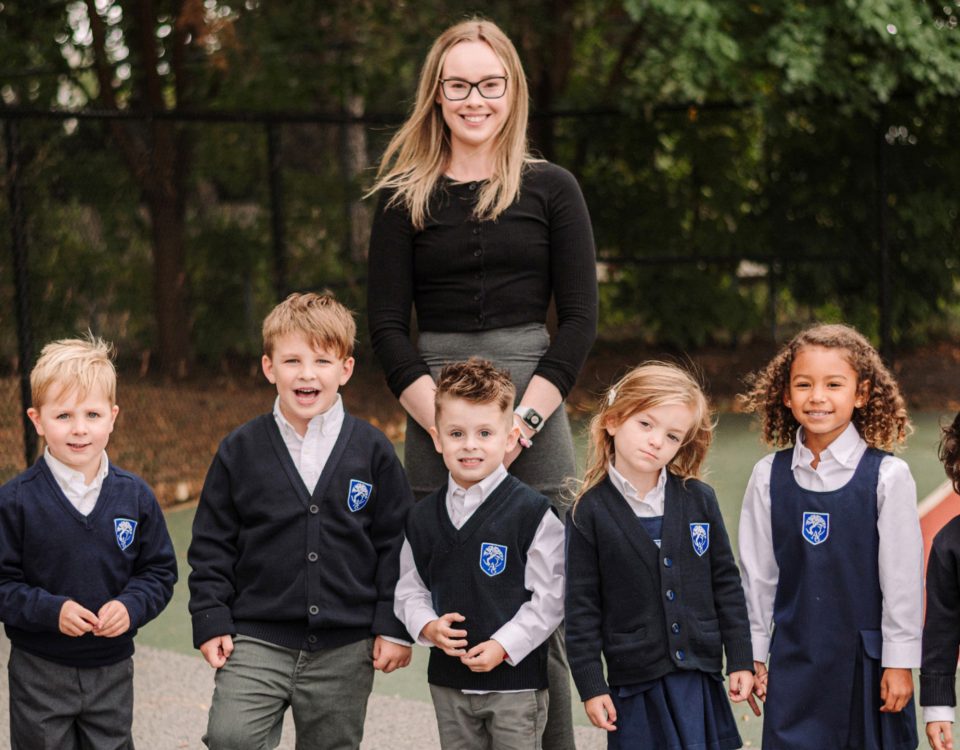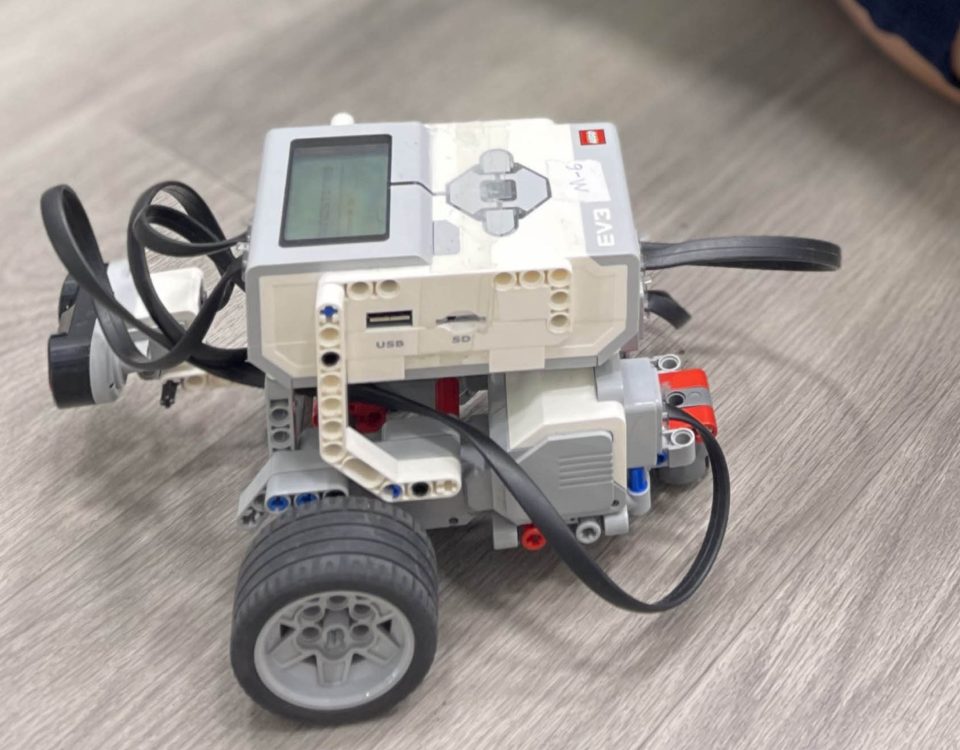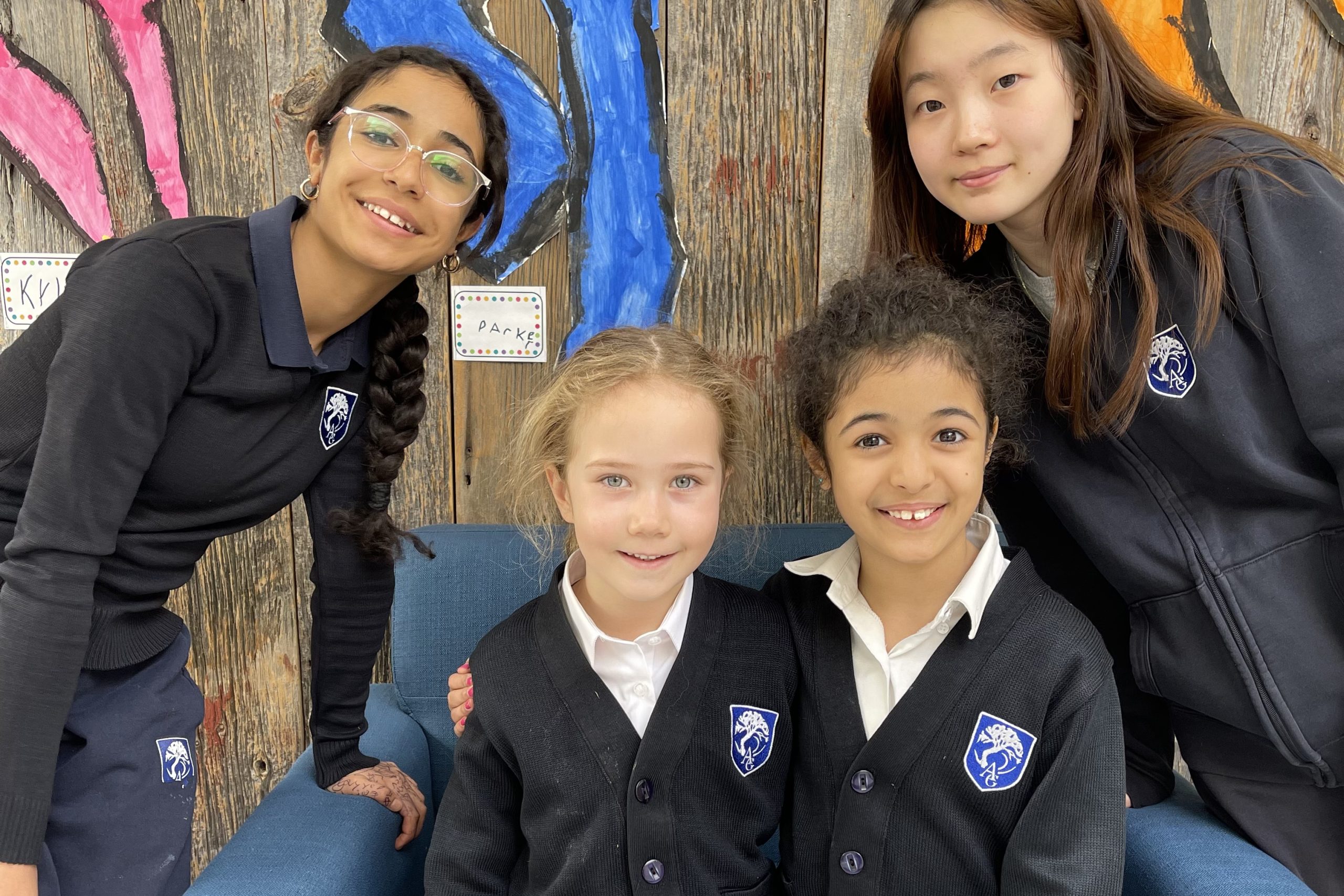Music In The Montessori Classroom
Music In The Montessori Classroom
Step inside a Montessori classroom and you’ll find interactive instruments and musical melodies. Music is an integral part of Montessori education with benefits that reach far beyond a perfectly-tuned pitch. Believe it or not, music lends itself to improved math skills, increased literacy rates, and overall healthier brain development.
Music improves non-verbal communication.
Children have complex emotions just like adults do. Sometimes their limited language can make it difficult for them to express their feelings. Music gives them a way to express themselves without words. Through melodies and corresponding movement, children are able to channel their feelings through the music itself, giving them an outward expression for their inner emotions.
It increases spatial skills.
Several studies have shown a connection between music education and increased spatial skills. By creating music rather than just listening to it, children immerse themselves in ratios, patterns, and rhythms. This activates the areas of the brain that increase their ability to process puzzles and complete other spatial activities.
Music enhances language processing.
Music introduces students to new sounds and often lyrics that contain new vocabulary words. Many children’s songs contain lyrics that help them learn letters, numbers, and new concepts. Repeating familiar songs gives students the chance to perfect their speech and language development while rhyming words boosts creative thinking and innovative speech patterns. All of this lends itself to greater abilities to process language, both verbal and non-verbal.
Additionally, humans process sounds the same way that we process speech. Studies have found that music helps children’s auditory pathways and corresponding neurons develop faster than they would normally without music. It’s these pathways that allow humans to process sounds, discriminate speech, and ultimately detect deeper levels of language like inflection.
Children increase their coordination and motor skills with music.
Snapping, clapping, dancing, and playing instruments all help children work on their fine and gross motor skills. Keeping time and following rhythms helps children fine tune their coordination while the sensory experiences through instrument playing and enrichment items – like scarves and streamers – spark new, fluid movements.
Music brings cultural awareness and promotes inclusiveness.
Music varies around the globe and transforms over the span of time. Its deep, historical roots make music an excellent way to learn about different cultures and time periods. Listening to new music and learning about its significance gives children the opportunity to connect and learn about their peers. There are many genres of music and boundless instruments to play. This diversity in music teaches children to explore outside of their comfort zone and appreciate new ideas.
Dr. Maria Montessori said, “Music can touch us in a way that nothing else can. No better gift can we give to the children than to open this door for them.”
It’s this principle of music appreciation that is still thriving in Montessori classrooms today.








